
Jamie Stone, MP for Caithness, Sutherland and Easter Ross - the UK's largest constituency, which includes much of the north and northwest highlands - has met with Chris Bryant, the Minister of State for Data Protection and Telecoms, to ask him to suspend the geographical target for the Shared Rural Network (SRN). This is something that conservationists and local communities have also been calling for.
SRN is a joint Government and telecoms industry initiative designed to boost 4G connectivity across the UK. This requires the construction of new phone masts, but the program's 95% geographical coverage target has proved controversial, since it requires many scores of masts (plus access tracks) to be built in undeveloped and scenic mountain areas. Many of the sites identified for new masts are uninhabited, and will benefit neither residents nor businesses, bringing entirely unnecessary intrusion to remote landscapes.
In Scotland, there are 260 sites classified as Total Not-Spots, selected mainly to provide landmass coverage and meet the geographical targets of the programme, rather than prioritising communities or transport routes.
Despite local organisations devising a traffic light system to measure the net benefits to local people against damage to natural spaces, neither Building Digital UK nor mobile operators have acknowledged these concerns, claims Jamie Stone.
Earlier this year a coalition of conservation bodies and Highland Community Councils called for a rethink on the more egregious aspects of the SRN programme.
At the time, Thomas Widrow, head of campaigns for the John Muir Trust, said:
"Decisions taken in Westminster are impacting beautiful and incredibly important wild places hundreds of miles away. As a charity whose purpose is to protect wild places, we are alarmed that damage will be inflicted on landscapes and wildlife with no evident public or environmental benefits.
"Rural communities and outdoor enthusiasts alongside environmental organisations are speaking with one voice – we need connectivity where we live and work, not in our most fragile and remote wild places."
In the subsequent few months, new planning applications to build phone masts in remote Total Not-Spots have cropped up almost weekly, in what appears to be a poorly-thought-out and industry-led rush to develop, at a cost of millions of taxpayer pounds. Will the recent change of Government signal a rethink?
Responding to the issues raised by Jamie Stone, the Government assured him that there would be an imminent review with the Mobile Network Operators, and that an updated plan will be announced.
Additionally, representatives from the Department for Science, Innovation and Technology agreed to visit the Highlands to speak with locals about their concerns.
Commenting, Mr Stone said:
"It was a constructive meeting in which the Minister and civil servants recognised the concerns in the public mind regarding the acceptability of the Shared Rural Network.
"I am glad they have agreed to come to the Highlands to meet with local communities. It is only right that they speak directly with those who will be affected by this initiative. They simply must bring communities with them in their decision making.
"Additionally, I raised my concerns with the Minister regarding the RTS switch off next year, and the impact this could have on the price of people's energy bills. I have been assured that they will look at how the Shared Rural Network could be used to tackle this problem and recognise there is a degree of urgency regarding the timing.
"I hope that this meeting goes some way in relieving the concerns of my constituents. However, the proof will be in the pudding and I will be holding the Government to account on the assurances they have given me."
















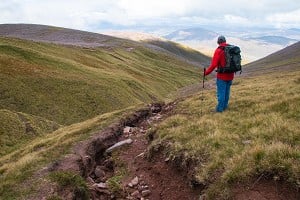
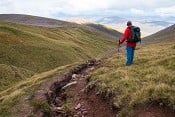








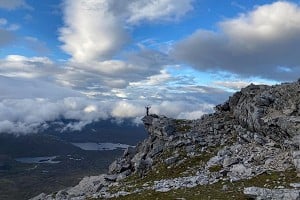
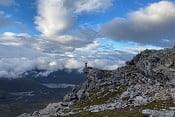
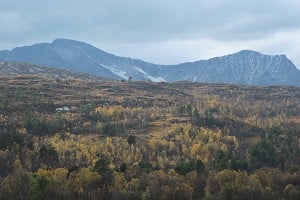
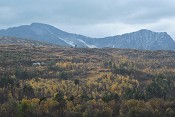
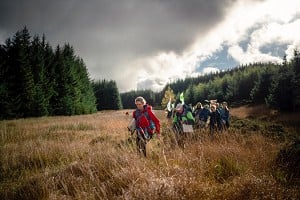
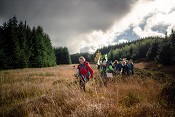
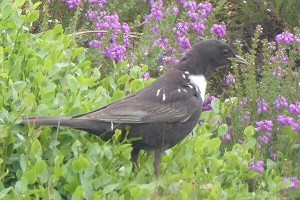
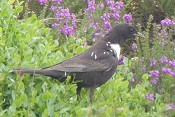


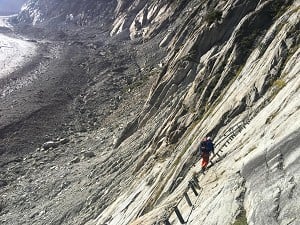

























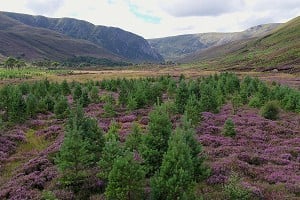
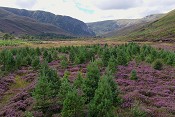


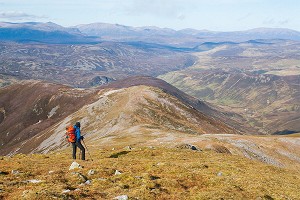
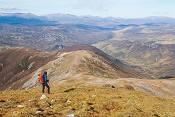
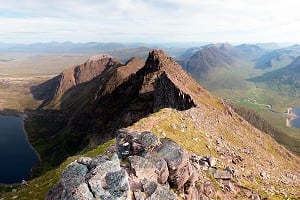
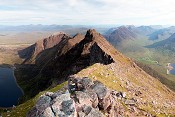
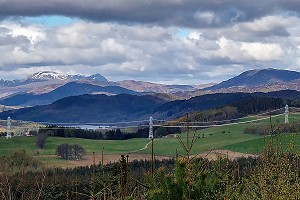
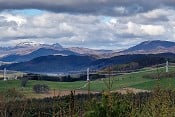
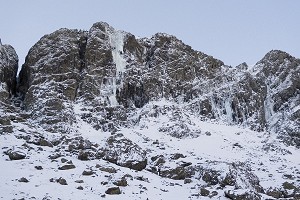

Comments
Good news today from Cairngorm National Park that the applicant has withdrawn their application to put a mast near Ryvoan bothy Glenmore. It was to go before the planning committee on 13th Dec, there were in excess of 500 objections.
That's great news.
I do fear for all the less-well-known but equally worth-saving locations that are not going to attract that much attention.
If the hills were re-forested back to how they once were people wouldn't see the masts until 50m from them. We have very precise views of what type of 'wilderness' is worth saving.
I think it's possible to understand the history of the landscape and appreciate it nonetheless on multiple levels.
Should the hills be more wooded - yes.
Should we celebrate some of the qualities that we currently have, I think yes. To me that doesn't mean we should inhibit woodland for the sake of the view.
I can take joy in the regen that I see in many parts of the highlands whilst still enjoy the landscape as it is at the moment. If future generations have more afforested hills they will no doubt enjoy it as it will be what they are used to and I imagine it will be special but in a different way.
For me understanding what we have and what we could have doesn't mean that we should just allow whatever to take place as they are modified landscapes and aren't truly wild. This seems a very depressing argument to me personally albeit logical.
Truly wild they are not but appreciated they are, for many they clearly have qualities that we don't get elsewhere and that's worth something....
Thanks, PLM
A reminder that the “contact emergency services in the hills” argument for these is weakening by the month.
My handset - over a year old - can send emergency text messages by satellite from anywhere in the highlands, and the US has become the first country to greenlight orbital provision of mobile services to any reasonably new cell phone. SMS launch this year, text and data next year. Already temporarily deployed and used in the wake of recent US hurricanes, giving better availability in a crisis than terrestrial infrastructure.
https://arstechnica.com/tech-policy/2024/11/fcc-approves-starlink-plan-for-cellular-phone-service-with-some-limits/
The remote towers, the gaping sores of their access tracks, their filthy diesel generators and the regular diesel powered shipments of diesel fuel to them are going to be irrelevant before long.